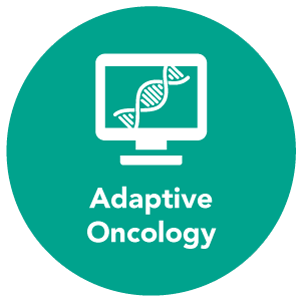The Canadian VirusSeq Data Portal is critical to sharing information to better understand the virus
Adaptation has been key to living and working during the COVID-19 pandemic. The agility of OICR’s software engineering team was recently on full display when they built a COVID-19 data portal in just four weeks – a record time for the group. The freshly launched Canadian VirusSeq Data Portal, part of Genome Canada’s CanCOGeN COVID-19 research initiative, provides a vital link between Canada’s public health units and researchers tracking the evolution of the virus and variants of concern.
“When you are building something this complex in such little time there really is no roadmap. Luckily our team was able to draw on our deep experience in building similar platforms, which helped us get this urgent project done on time,” says Dr. Christina Yung, Director, Genome Informatics, OICR. “This experience, incredible teamwork and a deep desire to assist in Canada’s response to the pandemic fueled our sprint to complete this project.”
Having created data portals for many major research projects, including the International Cancer Genome Consortium, Yung’s team was well prepared to meet the challenge and create this vital resource for Canada’s fight against COVID-19. Over the past several years the team has worked to package their software tools into a modular system called Overture.
“Overture provided us with a robust framework from which to start building the VirusSeq portal. From there we were able to customize the portal to meet the specific needs of users,” explains Yung. “By making it as easy to use as possible we hope to attract the participation of many public health units and researchers.”
The Canadian VirusSeq Data Portal allows public health units to easily submit genomic sequencing data of SARS-CoV-2 infections. The deidentified data is then validated and quickly released into the data portal where it can be used by experts such as virologists and epidemiologists. The data available through the portal will aid in better understanding the virus and provide increased surveillance for variants of concern.
“Our next steps will be to make updates and improvements to the portal as more users come onboard and provide feedback,” says Yung. “I encourage public health units and researchers to take advantage of this tool to deepen collaboration in our efforts against COVID-19.”
The following individuals at OICR contributed to the development of the Canadian VirusSeq Data Portal, which was led by Lincoln Stein and Christina Yung: Yelizar Alturmessov, Dusan Andric, Rosita Bajari, Jared Baker, Kim Cullion, Henrich Feher, Atul Kachru, Alexandru Lepsa, Justin Richardsson, Jaser Uddin, Linda Xiang.




